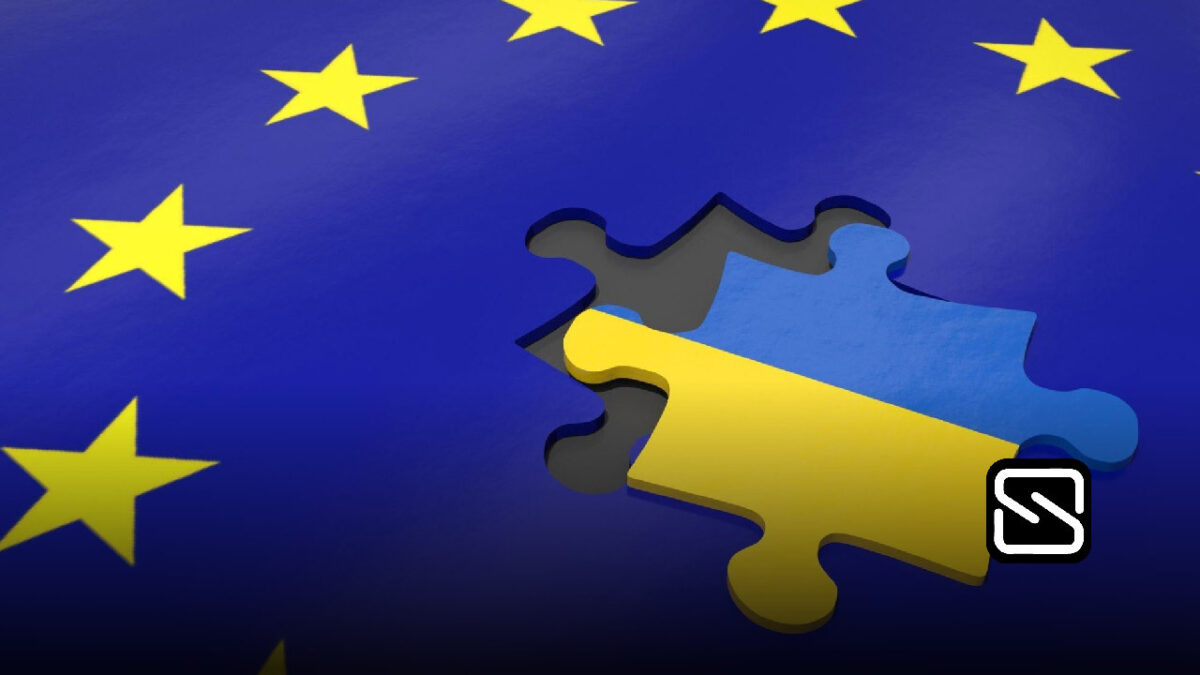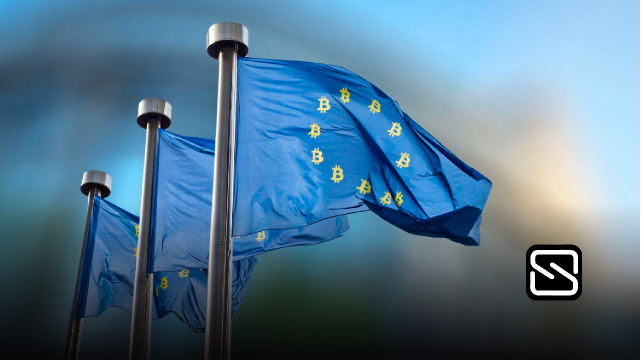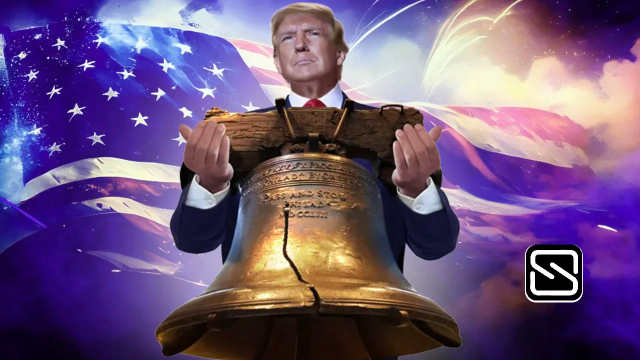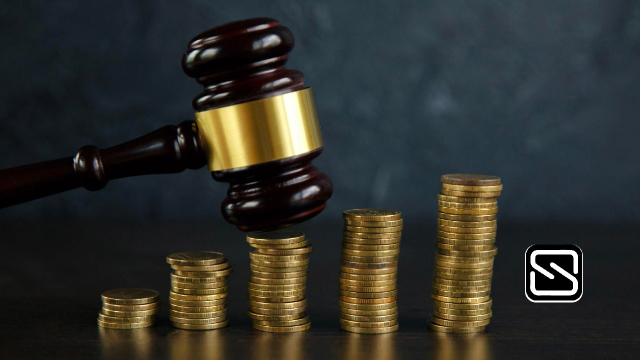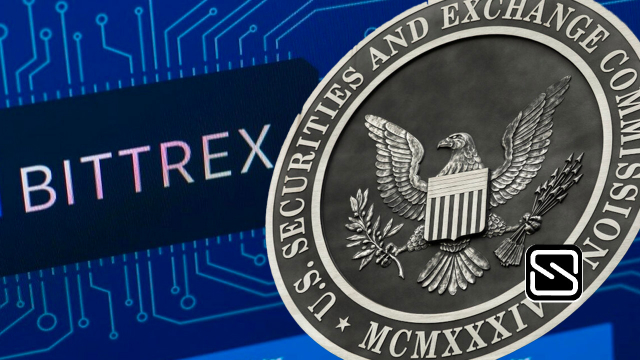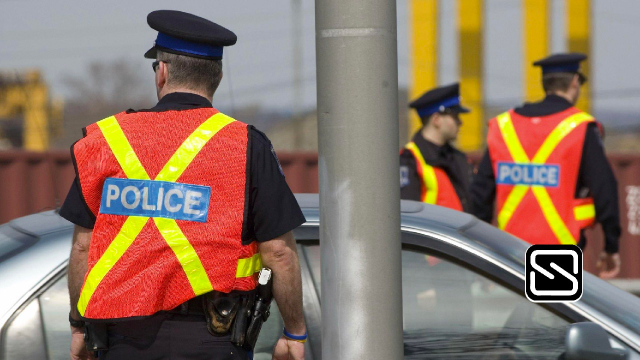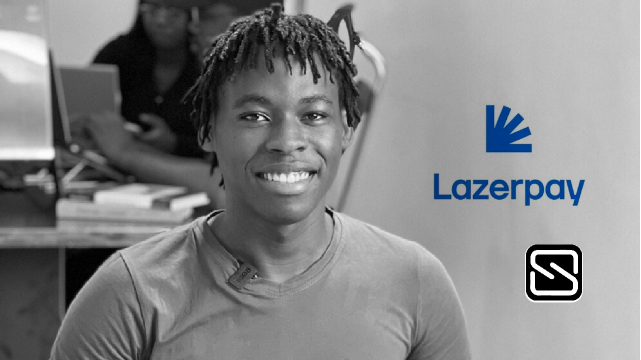Ukraine, a pioneer in the adoption of cryptocurrencies in the region, now intends to emulate the European Union, the world’s pioneer in the regulation of cryptocurrencies. According to statements made in Kyiv, the new EU standards will be incorporated into the legal system of Ukraine.
The Markets in Crypto Assets (MiCA) package received final parliamentary approval on Thursday. The crypto space is being regulated in this way for the first time in history. It introduces licensing for cryptocurrency service providers as well as safeguards for investor safety.
Yuriy Boyko, a member of the National Securities and Stock Market Commission of Ukraine (NSSMC) states, “This is a truly historic event, I am sure Ukraine will be one of the first countries to implement this regulation into national legislation,”
Boyko added that the necessary draft provisions are almost complete and that officials will soon begin negotiations with the key players. He emphasized that “the MiCA regulation was taken as the basis” and that “the NSSMC, together with its partners, is actively working on the launch of the virtual assets market in Ukraine.”
Yaroslav Zheleznyak, a member of Ukraine’s parliament, expressed his excitement about the regulatory development on Telegram and stated, “Together with our colleagues from the NSSMC, we are already working on the implementation of some of the MiCA provisions so that crypto assets are legal in Ukraine as well.”
In September 2021, lawmakers in the EU candidate country of Ukraine passed a draft law titled “On Virtual Assets,” but President Volodymyr Zelenskyy sent it back, ordered revisions, and it was passed once more in February 2022 before he signed it into law. Following the Verkhovna Rada’s approval of the necessary Tax Code amendments, it should go into effect.
The Lviv Office of the State Tax Service of Ukraine has taken matters into its own hands and clarified the taxation of crypto-related income for private individuals, despite the fact that the country has not yet implemented crypto tax regulations. The regional tax administration stated in a notice released this month that “Income received by an individual from the sale of cryptocurrencies is included in the total annual taxable income.”
